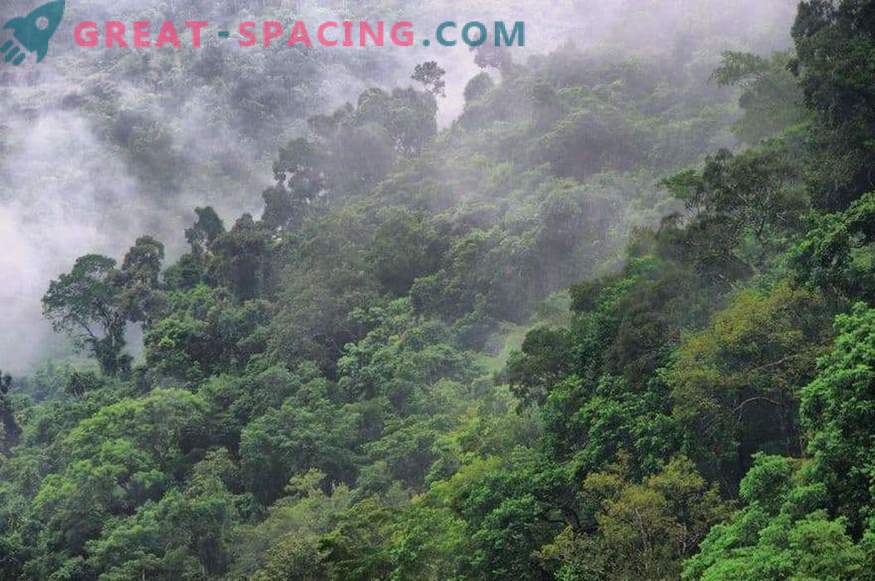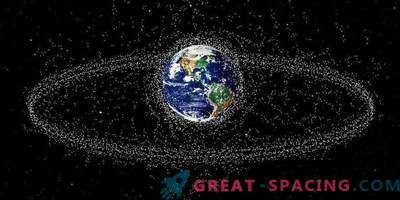
Earth on the background of outer space
A recent study from two expert biologists has concluded that half of the planet must move to the wild by 2050 to save the ecosystem and animals from mass extinction. In their article, the scientists explained the vital link between the preservation of the natural habitat and the survival of humanity itself. More and more data point to the destruction of large areas under forests, which are crucial for carbon sequestration and storage.
Today, only 14.7% of the earth’s territory is protected by law, but it should be much more. Scientists say that a third of the oceans and lands should be transferred to nature until 2030, and by 2050 it should be increased to 50%. We will have to dramatically increase human ambitions if we want to preserve ecosystem services, from which we are now actively benefiting. The exact amount of territory is not called, because the population of the planet continues to grow. It is believed that by 2050, humanity will approach the mark of 10 billion.

Canopy from the Amazon Rainforest
In its current form, about 20% of the world's vertebrate animals and plants are under threat of extinction, mostly due to human activity. Livestock is represented by 60% of the biomass of mammals, and people - 36%. Only 4% remains for more than 5,000 other species of wild mammals known to science. Unfortunately, some levels of protection fall short of what is required by law.

Billions of tons of ice melted in the Arctic
Less than half of the earth’s surface remains untouched, but these areas are considered less productive. Only 3.6% of the oceans and 14.7% of land is officially protected by law. Many of these areas are “paper parks”, that is, they are not effectively managed, and a third of the land protected lands are under heavy human pressure. In the 2020s. Governments of the world will gather in the framework of the Convection on Biological Diversity in Beijing (China) to determine future biodiversity conservation goals.











































